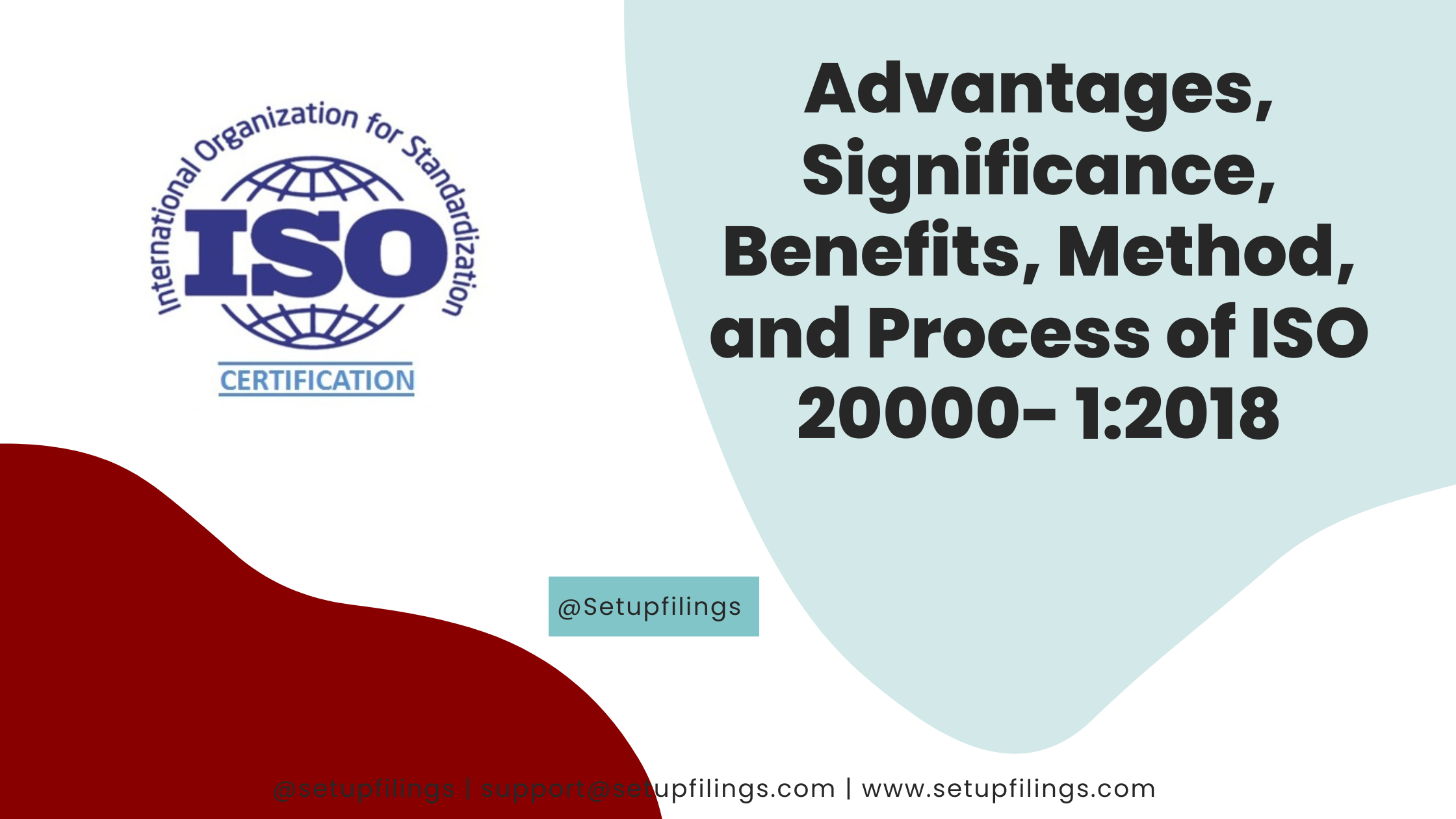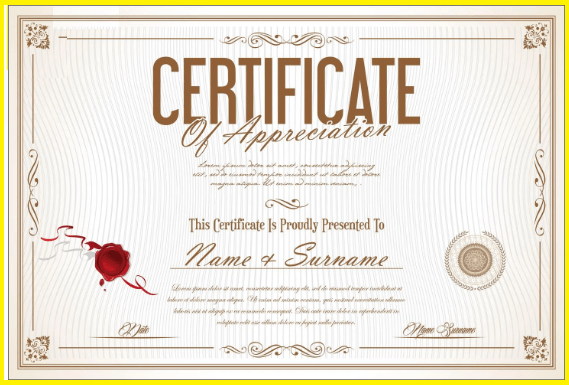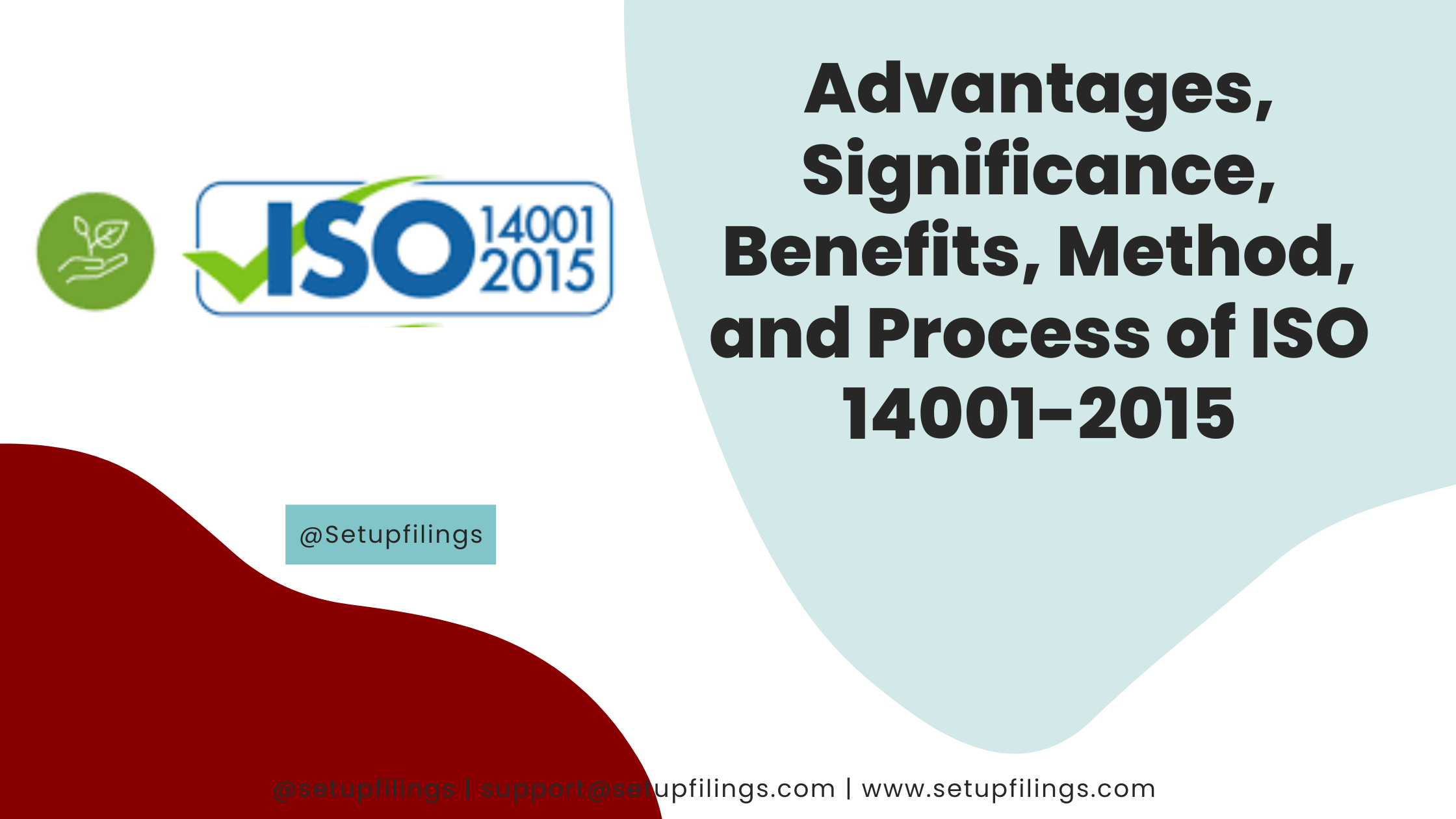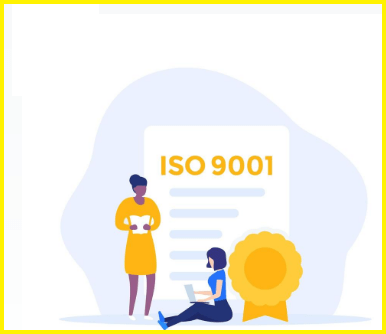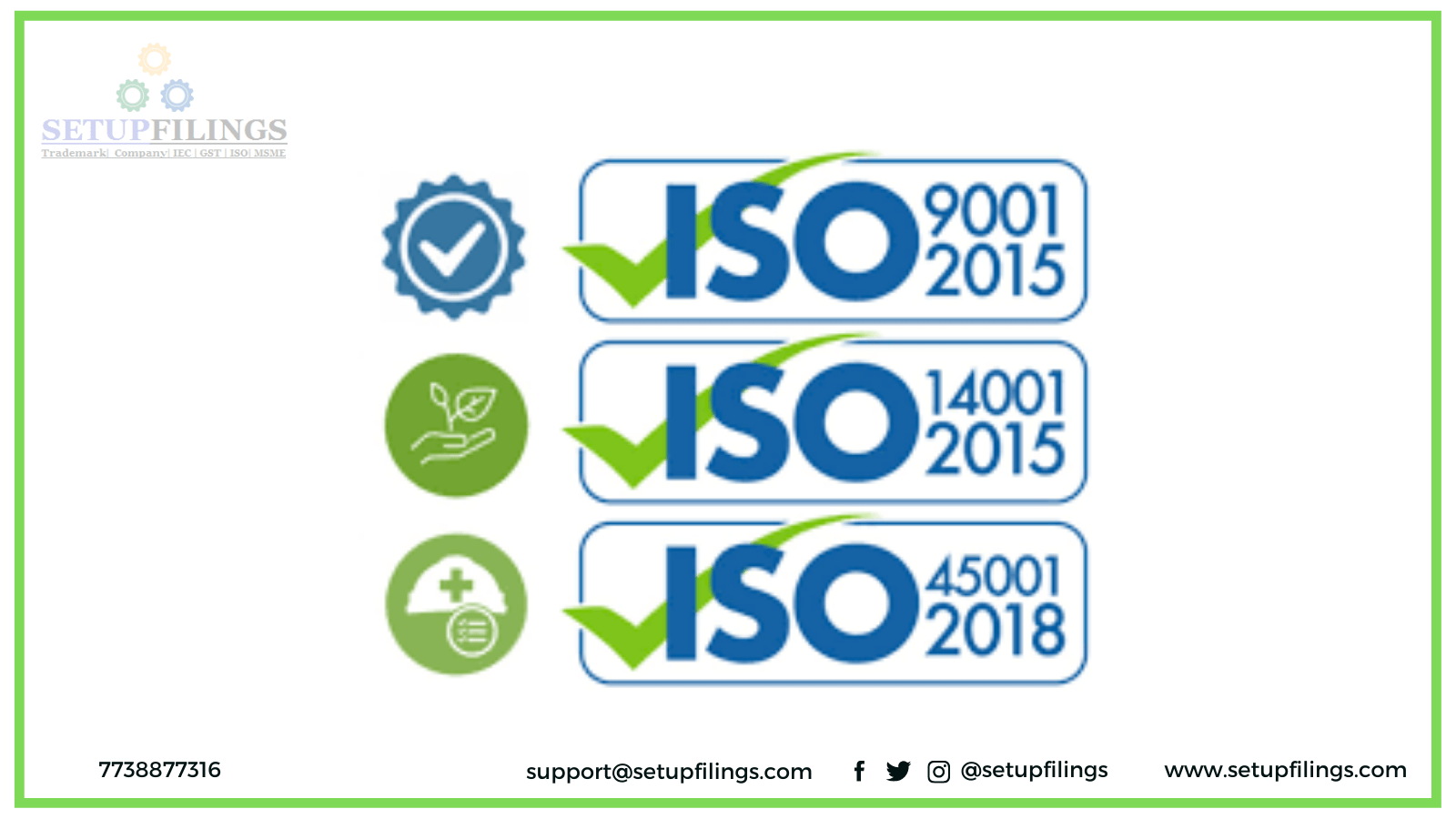
ISO Certification Benefits And Standards
You might come across this question a number of times, “what is the best way of doing this?”. And the answer to this fundamental question is ISO. It covers everything from a paper clip to an automobile. The standards set by ISO are accurate for any industry and product. These are set in view with the international standards with around 165 national boards involved in this.
There are also safety standards by the ISO in various fields such as toy safety, road safety and secure medical packaging. ISO certification in itself provides standards to your company, it encourages investors and can pay huge dividends. When it’s time for your company to regulate operations sale and marketing, ISO is the guide for you. We always look forward to customer satisfaction, providing consumers with standardised product is the key. The ISO standards are not only cover for the product but also cover various fields of a business such as operations, sales and marketing. Moreover it ensures employees’ satisfaction along with the consumers. The key benefits of maintaining ISO Certification are;
- You will be able to identify risk and opportunities
- You can prevent problems that are reoccurring.
- You can boost your marketing and sales.
- There will be improvement in employee performance.
- There will be better control over your business.
ISO standards are set of guidelines that help run the business smoothly and safely. It covers all the aspects of the business and for all kinds of businesses. These are some of the most common standards used by businesses.

ISO 9000 – Quality Management
ISO 9000 defines the international standards for Quality Management System. Defining the quality of a product is very critical to any business. Continuous check in the quality system elements is the key to customer satisfaction and maintaining the customer base. These standards guide the company and provide with necessary tools to improve the quality of the management system. ISO 9001: 2015 is the only standard in the series that organisations can be audited and certified against.
ISO / IEC 27000 – Information Security Management Systems
The standards are published by the ISO (International Organisation of Standards) and the IEC (International Electrotechnical Commission). It does this with the help of ISMS (Information Security Management System) which has a systematic approach towards risk management, containing measure towards the security of the three pillars of information security i.e. people, process and technology. The standards are helpful in managing the security of assets such as financial and employee data, intellectual property, and information held in trust for third parties. ISO IEC 27001: 2013 is the only standard in the series that organisations can be audited and certified against.
ISO 14000 – Environmental Management
These standards are developed by ISO Technical Committee and its subcommittees. These standard assures its stakeholders, that the company adheres to environmental safety irrespective of any sector. These standards use tools such as audits, communications, life-cycle analysis and environmental challenges.
ISO 31000: 2018 – Risk Management
You take any kind of business and it involves risk as its filled with uncertainties. Business risk can not be fully avoided but its impact can be reduces to do so we have the guidelines from ISO 31000: 2018. The application of these guidelines can be applied to any kind of business or sector. It provides guidance for internal and external audit programs, and enables organisations to achieve objectives in an uncertain environment by facilitating the identification of opportunities and threats.
ISO 50001: 2018 – Energy Management
These standards specify requirements for establishing, implementing, maintaining and improving an energy management system (EnMS). It provides guidelines to reduce the usage of energy and thereby reduce its cost. It aims towards reducing the emission of green house gases through optimal utilisation of energy sources.

ISO 26000: 2010 – Social Responsibility
These are guidelines for social responsibility in a business, thereby satisfying its stakeholders. The organisation has few responsibilities towards the society and the environment and there are guidelines to execute them. Although there is no certification towards ISO 26000: 2010.
ISO 28000: 2007 – Specifications for Security Management Systems for the Supply Chain
These standards specify the requirements for the security management system especially for the supply chain. There are other aspects of business management that are related to the supply chain which have been covered as well. It is for all kinds of businesses from small to multinational.
ISO 37001: 2016 Anti-Bribery Management System
Businesses these days are looking forward to more transparency to keep their stakeholders happy. These standards provide guidelines for the prevention and detection of bribery through implementation of Anti-Bribery Management System. This is a committed approach towards stamping out corruption.
ISO 45001 – Occupational Health and Safety
These standards have been the most awaited set of standards by the businesses today. Occupational injuries and diseases have become very common these days and taking care of them has become very important. These standards are guidelines for OH&S ( Occupational Health and Safety). It focuses on employees’ safety, reducing workplace hazards and providing safer working environment
ISO 22000 – Food Management Systems
These standards are set for the development of food management system and that they directly or indirectly impact the food chain. These standards are widely used by food manufacturers, restaurants, and food transportation services.
Visited 321 Times, 1 Visit today

